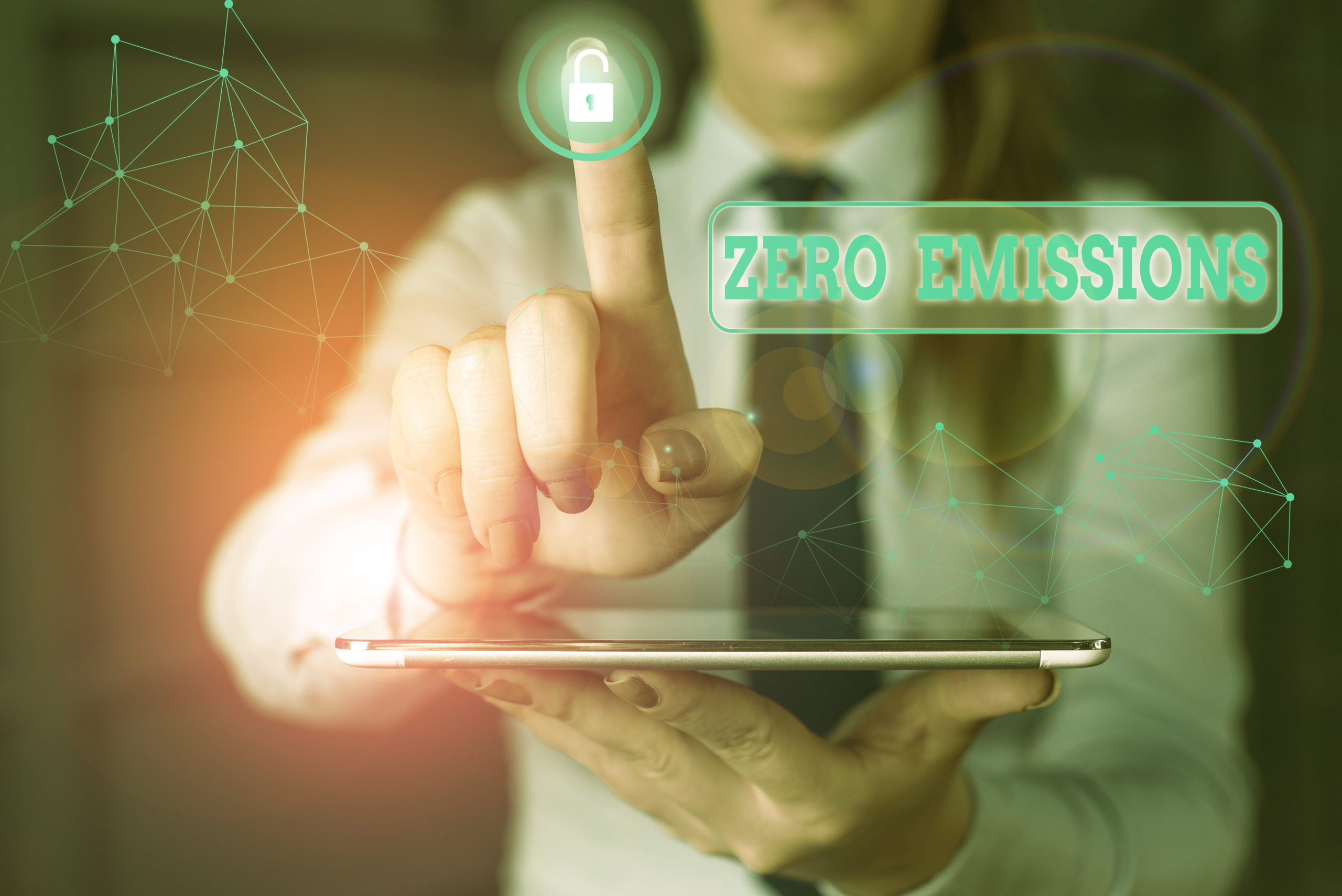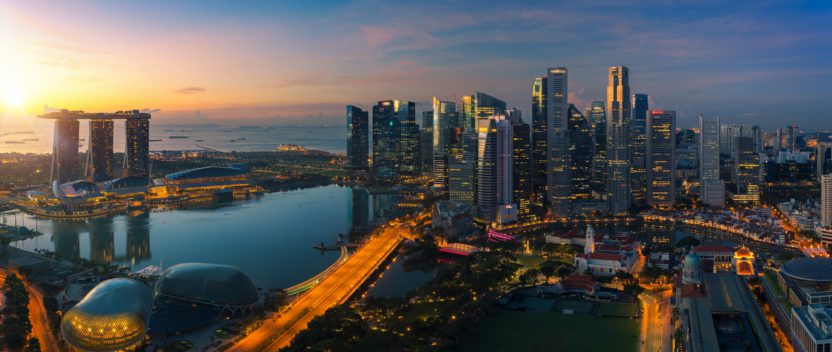Climb every mountain

With the COP 26 climate conference only weeks away, the shipping industry is increasing its focus on the business not just of reducing greenhouse gas emissions from shipping but of getting to ‘net zero’. Indeed if the amount of talk and the volume of debate were any indicator of progress then shipping could already be said to be on track for substantial progress towards a real cut in emissions.
For example, the International Chamber of Shipping (ICS), which represents 80% of the global shipping industry, has expressed its support for net zero emissions from shipping by 2050, submitting plans to the International Maritime Organization ahead of the Marine Environment Protection Committee.
The plans submitted are twice as ambitious as IMO’s current goals of reducing emissions by at least 50% compared to 2008 levels by 2050 and come as a host of other bodies and member states have echoed similar net zero calls.
The plans include a compulsory R&D fund to develop zero-carbon technologies, and the development of a carbon levy for shipping to expedite the transition to more expensive zero-carbon fuels.
The ambition is certainly considerable and the task massive. The reality is, as her Majesty Queen Elizabeth II pointed out recently, that for all the talk in the world, progress is much more elusive.
For evidence of this we can consult the International Energy Agency’s World Energy Outlook which provides a sobering analysis on progress across all industries since the conclusion of the Paris Accords.
At the moment, the IEA says, every data point showing the speed of change in energy can be countered by another showing the stubbornness of the status quo. The rapid but uneven economic recovery from last year’s Covid-induced recession is putting major strains on parts of today’s energy system, sparking sharp price rises in natural gas, coal and electricity markets.
For all the advances being made by renewables and electric mobility, the IEA notes that 2021 is seeing a large rebound in coal and oil use. Largely for this reason, it is also seeing the second-largest annual increase in CO2 emissions in history.
Public spending on sustainable energy in economic recovery packages has only mobilised around one-third of the investment required to jolt the energy system onto a new direction, with the largest shortfall in developing economies that continue to face a pressing public health crisis.
This direction of travel is a long way from alignment with the IEA’s landmark Net Zero Emissions by 2050 Scenario (NZE), published in May 2021, which charts a narrow but achievable roadmap to a 1.5 °C stabilisation in rising global temperatures and the achievement of other energy-related sustainable development goals.
“The world’s hugely encouraging clean energy momentum is running up against the stubborn incumbency of fossil fuels in our energy systems,” the IEA says. “Governments need to resolve this at COP26 by giving a clear and unmistakeable signal that they are committed to rapidly scaling up the clean and resilient technologies of the future. The social and economic benefits of accelerating clean energy transitions are huge, and the costs of inaction are immense.”
If all today’s announced climate pledges are met, the world would still be consuming 75m oil barrels per day by 2050 – down from around 100m today, IEA data shows. However, under the IEA’s NZE that falls to 25m.
Looking specifically at shipping and aviation, the IEA said policy measures such as blending mandates and excise duties for petroleum products would help to support the consumption of alternative fuels.
“Governments need to enhance investment in commercialising key technologies for heavy‐duty, long‐distance transport such as shipping and in aviation, including by improving incentives for such investments,” the IEA stated.
Emissions reductions in shipping and aviation are dependent on innovation in key technologies, it added. The share of low‐carbon fuels for both aviation and shipping exceeds 15% by 2030 in the NZE, for example, but it reaches only around 6% under the scenario reflecting what has been currently pledged by the world’s governments.
The technologies in question include high density batteries, fuel cells, advanced biofuels and synthetic fuels. The IEA suggested the best plan to hasten the take up of alternative fuels was to focus on the world’s largest ports and airports.
The concentration of supply chains means that less than five percent of all airports handle 90 per cent of international flights while for shipping, the 20 largest ports in the world account for more than half of global cargo volume. “There is a huge opportunity for the international aviation and shipping sectors to focus on the main demand clusters until low‐carbon technologies become more cost‐competitive,” the IEA added.
In fact, far from leading the charge to net zero, the IEA report suggests that transport as a whole has the highest level of reliance on fossil fuels of any sector and accounts for 37% of CO2 emissions from end‐use sectors. In recent years, transport has seen the fastest growth in CO2 emissions of any sector as a result of increasing demand and limited uptake of alternative fuels.
So, as at least some the world’s leaders converge on Glasgow for the COP meetings, there is an increasing feeling that the only mountains to climb may not be those just to the north, but those on the table for debate.


